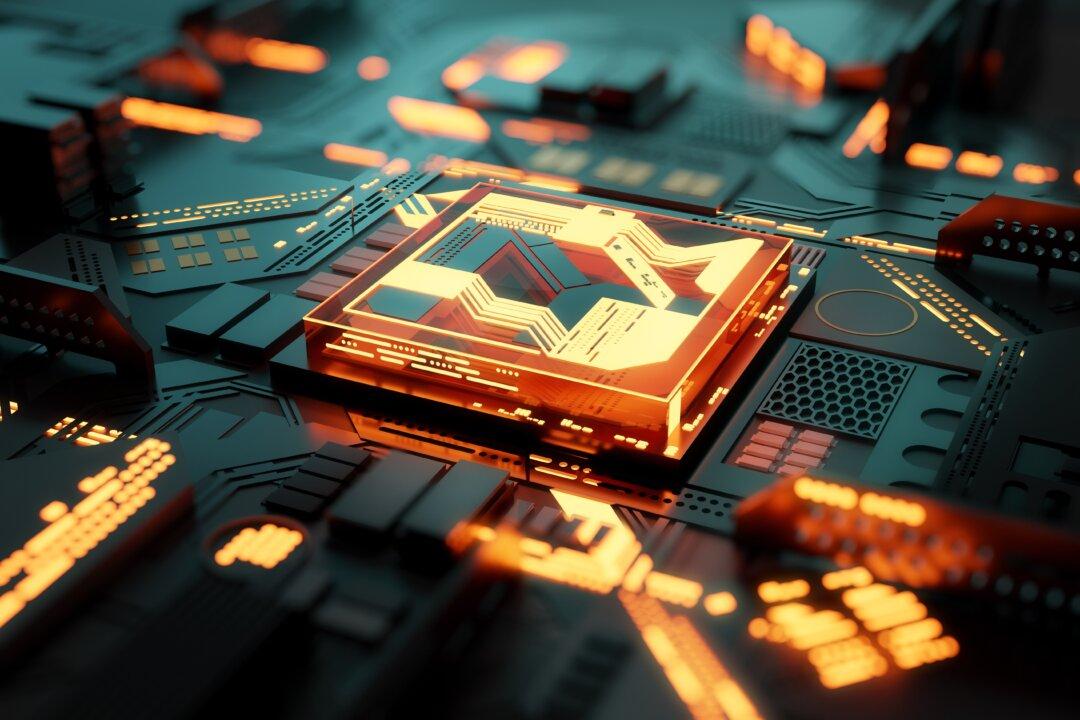Chinese tech giant Baidu is developing its own quantum computer to compete with the United States in the race toward next-generation information processing. The computer does not outperform rivals currently being developed in America but, according to one expert, signals dire competition over the future of data security.
Arthur Herman, a senior fellow at the conservative think tank Hudson Institute, said that Baidu’s recently announced quantum effort fell short of similar efforts being made by companies like Google and IBM.





